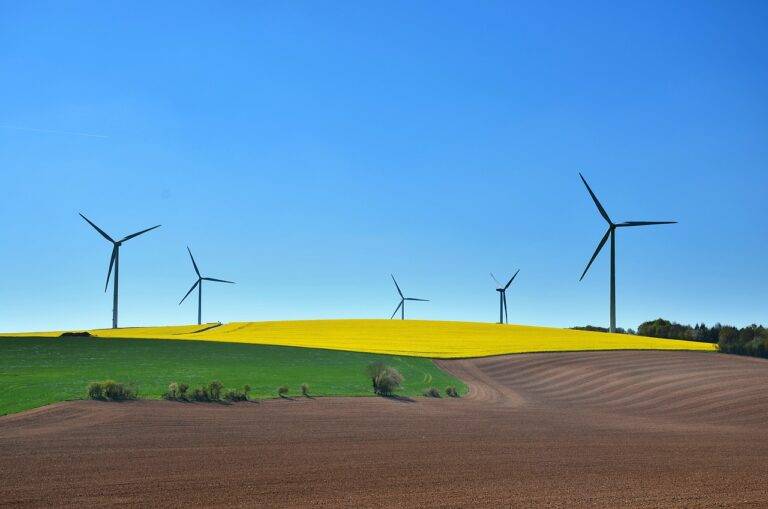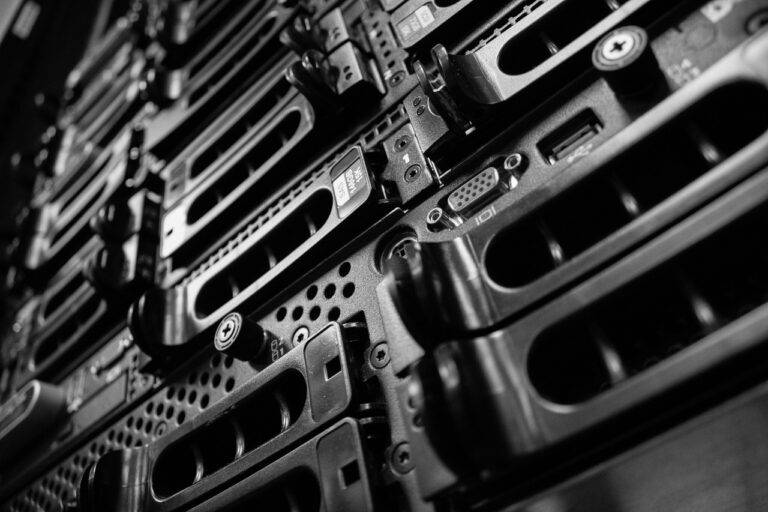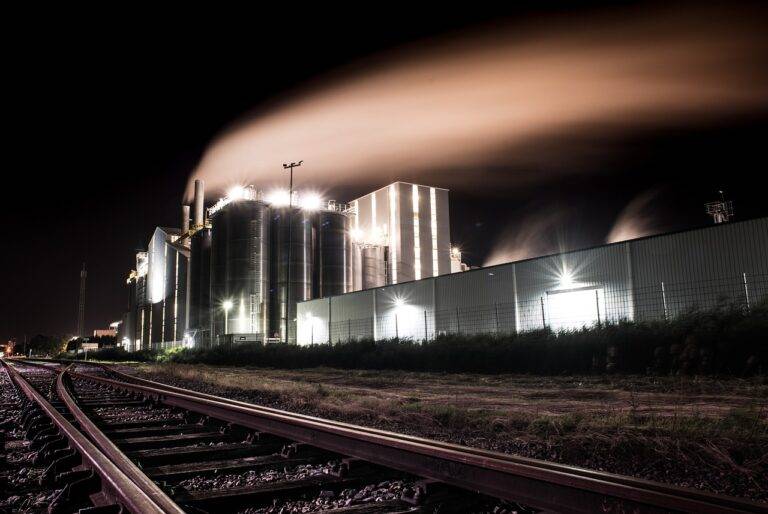The Impact of AI on Smart Farming
Smart farming, also known as precision agriculture, is a modern approach that utilizes technology to optimize agricultural production. It involves the integration of various technologies, such as IoT sensors, drones, and data analytics, to enhance decision-making processes on the farm. By collecting and analyzing real-time data, farmers can make informed decisions regarding crop management, irrigation, and resource allocation.
One of the key objectives of smart farming is to improve efficiency and productivity while minimizing resource wastage. Through the use of advanced technologies, farmers can monitor crop growth, detect diseases early on, and optimize yield potential. Additionally, smart farming enables farmers to reduce environmental impact by employing more sustainable practices, such as precision application of inputs and targeted pest management strategies.
AI Technology in Agriculture
AI technology has revolutionized the agricultural sector, offering farmers innovative tools to optimize their operations. Through the use of AI-powered algorithms and sensors, farmers can now collect, analyze, and utilize vast amounts of data to enhance decision-making processes. This technology enables farmers to monitor crop health, predict optimal planting times, and efficiently allocate resources for improved productivity.
Moreover, AI in agriculture has the potential to address key challenges such as climate change and food security. By harnessing machine learning algorithms, farmers can adapt their practices to changing environmental conditions, ultimately leading to sustainable farming methods. Additionally, AI technology can assist in reducing waste and increasing yield, thus contributing to a more efficient and environmentally friendly agricultural industry.
Advantages of Implementing AI in Farming
Artificial Intelligence (AI) has revolutionized the agricultural sector by enhancing efficiency and productivity. One significant benefit of implementing AI in farming is the precision it offers in various tasks. From crop monitoring to irrigation management, AI technologies provide real-time data and insights, allowing farmers to make informed decisions promptly. This precision not only increases the overall yield but also minimizes waste, leading to cost savings and sustainable practices.
Furthermore, AI in farming also enables predictive analytics, which helps farmers anticipate and mitigate potential risks. By analyzing historical data and current conditions, AI algorithms can forecast weather patterns, detect pest infestations, and even optimize resource allocation. This proactive approach empowers farmers to take preventative measures, thus reducing crop losses and improving overall farm resilience.





